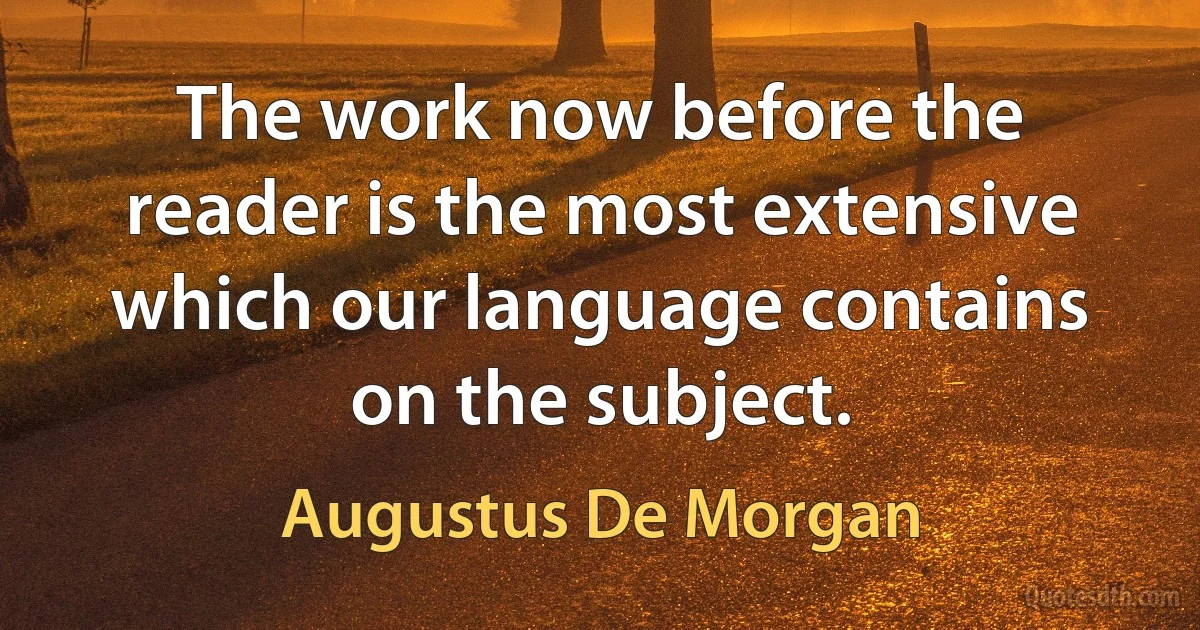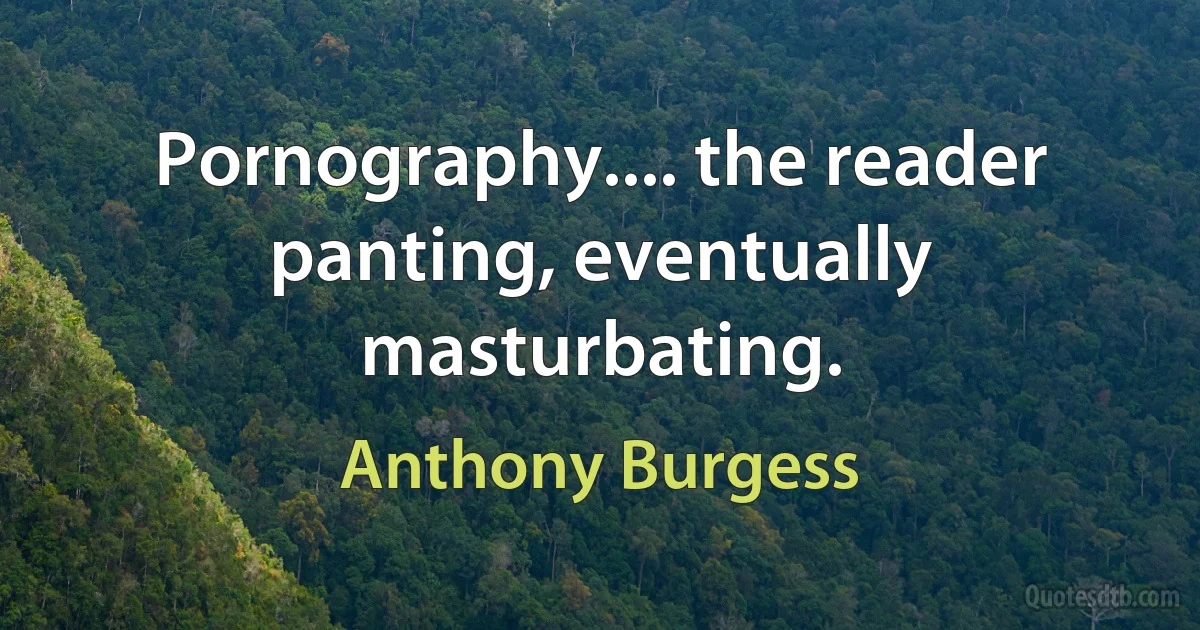Reader Quotes - page 13
Reader, - This Enchiridion, I present thee with, is the Fruit of Solitude: A School few care to learn in, tho' None Instructs us better. Some Parts of it are the Result of serious Reflection: Others the Flashings of Lucid Intervals: Writ for private Satisfaction, and now publish'd for an Help to Human Conduct.

William Penn
Commerce, Opulence, Luxury, Effeminacy, Cowardice, Slavery: these are the stages of national degradation. We are in the fourth; and, I beg the reader to consider, to look into history, to trace states in their fall, and then say how rapid is the latter part of the progress! Of the symptoms of effeminacy none is so certain as a change from athletic and hardy sports, or exercises, to those requiring less bodily strength, and exposing the persons engaged in them to less bodily suffering; and when this change takes place, be assured that national cowardice is at no great distance, the general admiration of deeds of hardihood having already been considerably lessened.

William Cobbett
A non-mathematical presentation has necessary limitations; and the reader who wishes to learn how certain exact results follow from Einstein's, or even Newton's, law of gravitation is bound to seek the reasons in a mathematical treatise. ...[T]he geometry of relativity in its perfect harmony expresses a truth... which my bowdlerised version misses.
But the mind is not content to leave scientific Truth in a dry husk of mathematical symbols, and demands that it shall be alloyed with familiar images.

Arthur Eddington
My strongest conviction as to the future of the negro therefore is, that he will not be expatriated nor annihilated, nor will he forever remain a separate and distinct race from the people around him, but that he will be absorbed, assimilated, and will only appear finally, as the Phoenicians now appear on the shores of the Shannon, in the features of a blended race. I cannot give at length my reasons for this conclusion, and perhaps the reader may think that the wish is father to the thought, and may in his wrath denounce my conclusion as utterly impossible. To such I would say, tarry a little, and look at the facts.

Frederick Douglass
I myself was, for nearly six years, in such close touch with the Malay language that it affected my English and still affects my thinking. When I wrote a novel called A Clockwork Orange, no European reader saw that the Malay word for "man" – orang – was contained in the title (Malay students of English invariably write "orang squash"...

Anthony Burgess
...it was Darwin's chief contribution, not only to Biology but to the whole of natural science, to have brought to light a process by which contingencies a priori improbable, are given, in the process of time, an increasing probability, until it is their non-occurrence rather than their occurrence which becomes highly improbable. ... Let the reader ... attempt to calculate the prior probability that a hundred generations of his ancestry in the direct male line should each have left at least one son. The odds against such a contingency as it would have appeared to his hundredth ancestor (about the time of King Solomon) would require for their expression forty- four figures of the decimal notation; yet this improbable event has certainly happened.

Ronald Fisher
In the case of a novel, or any imaginative work, especially if the tone is poetic, my own preference is for ending with a touch of symbolism which shall leave the reader brooding. A fine novel, a well-written story, "proves" nothing. Certain characters have played their parts, life goes on, and the final passage may be allowed to remain with one foot in the air, as is the case with some of Chopin's conclusions. But there is no absolute rule in such matters, and there are epic novelists who like to end on a powerful crescendo, as Ravel does in Bolero, or Dvorak in the New-World Symphony. Composition has features which are common to all the arts, and the author can learn as much about his business in the concert hall as in the library.

André Maurois
The reader is struck by Witzel's repeated disparaging remarks against the Puranas and their utility in the derivation of Indian history. Scholars who have read Witzel's publications in detail inform me that there is nothing in them that betrays even a faint understanding and first-hand knowledge of this genre of literature on his part. Thus, Witzel's repeated attempts to downgrade Puranas as a valid source of history (which, albeit should be used with caution) merely reflect his attempt to hide his own ignorance.

Shrikant Talageri
It is very hard to write this way, beginning things backward, and the author hopes the reader will realize this and not grudge this little word of explanation. I know I would be very glad to read anything the reader ever wrote, and I hope the reader will make the same sort of allowances. If any of the readers would care to send me anything they ever wrote, for criticism or advice, I am always at the Café du Dôme any afternoon, talking about Art with Harold Stearns and Sinclair Lewis, and the reader can bring his stuff along with him, or he can send it to me care of my bank, if I have a bank.

Ernest Hemingway
A story is not like a road to follow ... it's more like a house. You go inside and stay there for a while, wandering back and forth and settling where you like and discovering how the room and corridors relate to each other, how the world outside is altered by being viewed from these windows. And you, the visitor, the reader, are altered as well by being in this enclosed space, whether it is ample and easy or full of crooked turns, or sparsely or opulently furnished. You can go back again and again, and the house, the story, always contains more than you saw the last time. It also has a sturdy sense of itself of being built out of its own necessity, not just to shelter or beguile you.

Alice Munro



